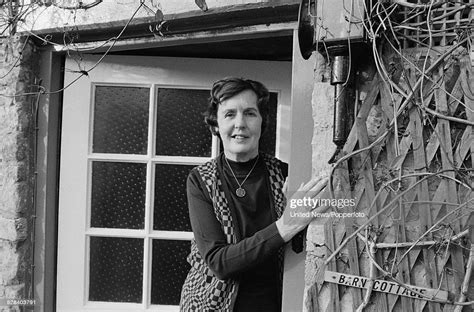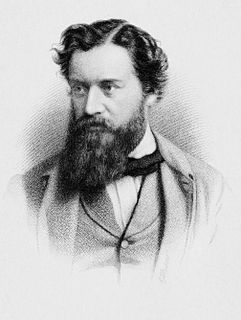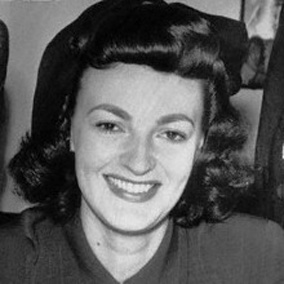A Quote by Raymond Chandler
When I left Merle was wearing a bungalow apron and rolling pie crust. She came to the door wiping her hands on the apron and kissed me on the mouth and began to cry and ran back into the house, leaving the doorway empty [...] I had a funny feeling as I saw the house disappear, as though I had written a poem and it was very good and I had lost it and would never remember it again. (p. 262)
Related Quotes
She turned back to Jace. "Do you have to be so-," she began, but stopped when she saw his face. It looked stripped down, oddly vulnerable. "Unpleasant?" he finishes for her. "Only at days when my adoptive mother tosses me out of the house with instructions never to darken her door again. Usually I'm remarkably good-natured. Try me on any day that doesn't end in y.
I came home [after funerals] and I thought if I go back to California, where I had a small house, I don't think I'll ever come east again. So I decided to stay and go through the halls and stairways, talk to Gilda Radner, holler, express some of my anger and make sure there were no ghosts in the hallways that I should ever be afraid of.And then I found out - it sounds strange, but I found out she had left me the house. We never talked about her dying and what she was going to leave me or I would ever leave her. We just didn't talk about those things.
she kissed him with all the aching longing that being this close to him evoked; she kissed him in all the ways he had ever kissed her, feeling faint with joy when he began to kiss her back, his mouth moving with fierce tenderness, then opening with fiery demand over hers, until their breaths were mingled gasps, and they were straining to one another.
Approaching the stove, she would don a voluminous apron, toss some meat on a platter, empty a skillet of its perfectly cooked a point vegetables, sprinkle a handful of chopped parsley over all, and then, like a proficient striptease artist, remove the apron, allowing it to fall to the floor with a shake of her hips.
She opened her mouth to answer, but he was already kissing her. She had kissed him so many times—soft gentle kisses, hard and desperate ones, brief brushes of the lips that said good-bye, and kisses that seemed to go on for hours—and this was no different. The way the memory of someone who had once lived in a house might linger even after they were gone, like a sort of psychic imprint, her body remembered Jace. Remembered the way he tasted, the slant of his mouth over hers, his scars under her fingers, the shape of his body under her hands.
At that moment a very good thing was happening to her. Four good things had happened to her, in fact, since she came to Misselthwaite Manor. She had felt as if she had understood a robin and that he had understood her; she had run in the wind until her blood had grown warm; she had been healthily hungry for the first time in her life; and she had found out what it was to be sorry for someone.
They had stopped now and he gave a glance up at the sky, through the trees, as though to see how much time was left. Amber, watching him, was suddenly struck with panic. Now he was going--out again into that great world with its bustle and noise and excitement--and she must stay here. She had a terrible new feeling of loneliness, as if she stood in some solitary corner at a party where she was the only stranger. Those places he had seen, she would never see; those fine things he had done, she would never do. But worst of all she would never see him again.
My grandmother lived the latter years of her life in the horrible suspicion that electricity was dripping invisibly all over the house. It leaked, she contended, out of empty sockets if the wall switch had been left on. She would go around screwing in bulbs, and if they lighted up, she would fearfully turn off the wall switch and go back to her Pearson's or Everybody's, happy in the satisfaction that she had stopped not only a costly but dangerous leakage. nothing could ever clear this up for her.





































